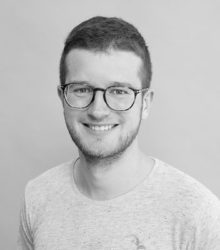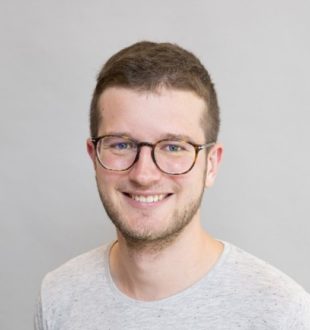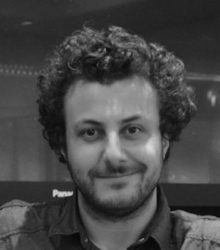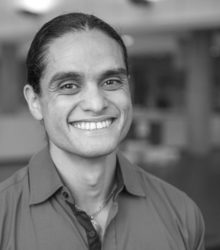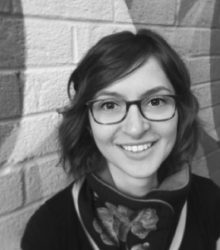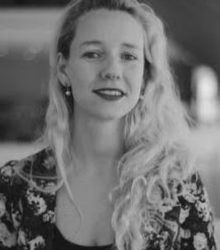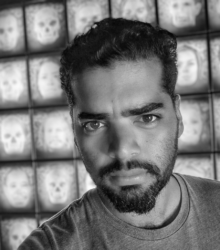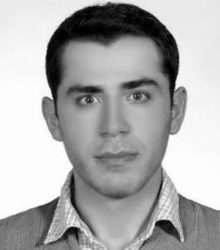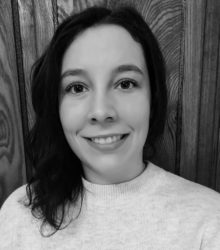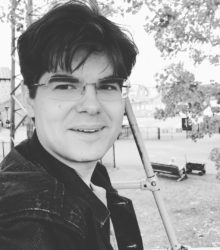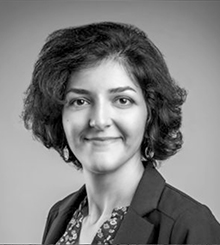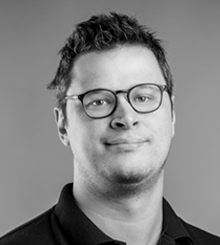AI in Genomics Program
Artificial Intelligence is the next big player in Genomics
The AI in Genomics Program is a 14-week intensive that trains life sciences students on how to deploy artificial intelligence/machine learning models to real-life genomics applications. Open to recent graduates in life sciences, including biology, neuroscience, bioinformatics, biomedical engineering, among others; candidates with prior experience in genomics data and programming looking to transition into machine learning development are welcome.
What You Gain
The AI in Genomics program offers practical learning opportunities through interactive activities and workshops. Learn how AI and machine learning can be used for data analysis; develop working machine learning prototypes for areas of interest; understand the ethical implications of AI – while expanding your network of startups and biotech scientists looking for co-founders and team members.
Kick-start your career in an emerging field
Uncover Machine Learning Genome papers for further development
Create a full pipeline Machine Learning model
Build your skills and portfolio
Through this program, I realized that many genomics problems could be solved through machine learning. We gained a strong understanding of the entire process of building AI models to accelerate genomics research.”
Qifei Zhao, Program Alumnus, BSc. in Computer Science
Our Program
The program is composed of lectures, mentorship sessions and interactive projects, offered online via live stream. Each unit is a 3-hour session with at least 30 minutes dedicated to interactive activities, moderated by instructors. Participants will be required to do pre-reads, participate in interactive activities, and build a prototype of their model. The program will culminate with a ‘demo day’ with the opportunity to win a prize.
Lecture and assignments
Mentorship
Ethical considerations Teaching
Building a model prototype
Demo day & networking session
Meet the Team
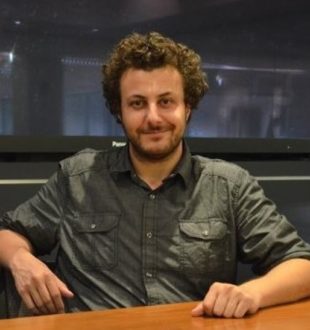
Program Scientific Advisor, Postdoctoral Fellow, Mila, Université de Montréal
Joseph Paul Cohen is a Postdoctoral Fellow at the Center for Artificial Intelligence in Medicine & Imaging at Stanford. Before that, Joseph was a Postdoctoral Fellow at Mila at the University of Montreal. Joseph is currently focusing on the limits of AI in medicine with respect to computer vision, genomics, and clinical data. He holds a Ph.D. Degree in Computer Science and Machine Learning from the University of Massachusetts Boston.
Joseph has worked on issues related to ML deployment in healthcare, focusing on out-of-distribution detection and the limits of generalization, as well as general biology tools for mRNA/DNA representation learning from RNA-Seq and cell counting from microscopy data. Joseph received a U.S. National Science Foundation Graduate Fellowship and an IVADO Postdoctoral Fellowship. Joseph is the director of the Institute for Reproducible Research which is dedicated to improving the process of scientific research using technology.
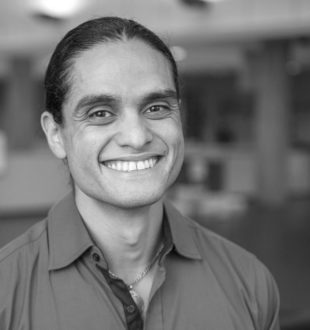
Postdoctoral Research, Harvard University
Tariq Dauda is a computer scientist trained in Machine Learning and Bioinformatics whose main goal is to advance Cancer Immunotherapy using Machine Learning. He has also developed a few open source libraries. Paul completed his Ph.D. under the supervision of Dr. Claude Perreault and Dr. Sébastien Lemieux at the IRIC. He is currently a postdoc in Dr. Villani’s group, working on single cell RNA sequencing data. His current affiliations are to the Massachusetts General Hospital, to the Broad Institute and to Harvard.

Fundamental Research Scientist, Element AI
Alexandre Drouin is a Fundamental Research Scientist at Element AI in Montreal. He received a Ph.D. in machine learning from Université Laval in 2019. His thesis combined interpretable machine learning algorithms with bacterial genomics to develop predictors of antimicrobial resistance. His current research interests include causal inference, deep learning, and bioinformatics.
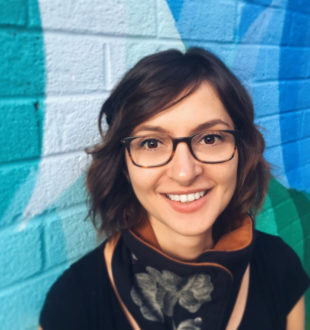
Venture Associate, Bio, District 3
Ana’s multi-facetted role touches all aspects of District 3’s ever evolving Life Sciences stream and BioHub where she helps foster the powerful intersection between scientific research and entrepreneurship. By ideating and supporting the implementation of different initiatives and programs, her work paves the lab-to-market path to create high-impact Life Sciences and biotech companies. Ana animates a dynamic ecosystem involving researchers, entrepreneurs, public agencies, investors, and top industry mentors to proactively create opportunities based on the unique needs scientific entrepreneurs.
Prior to District 3, Ana completed a Ph.D. in Neuroscience at McGill University and an MSc in Behavioural Sciences at the Max Planck Research School in Tübingen, Germany. Her work on decision making, impairments in brain function and cognitive rehabilitation has secured her over $100k in awards. Ana is passionate about innovation and bridging the gap between science and business.
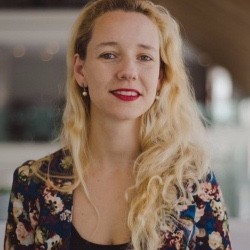
IVADO Assistant Professor, Faculty of Medicine, Université de Montréal
Dr. Julie Hussin is an IVADO assistant professor in the Department of Medicine, Université de Montréal, and FRQS Junior 1 researcher. She leads the bioinformatics group OMICS at the Montreal Heart Institute (MHI). Julie is trained in computational biology, with a strong interest in population genetics, biomedical research and deep learning methods.
Before coming to the MHI, she was a Human Frontiers postdoctoral fellow in Peter Donnelly‘s group at the Wellcome Trust Centre for Human Genetics, University of Oxford, and a visiting fellow at the McGill University and Genome Quebec Innovation Centre. From 2009 to 2013, she did her Ph.D. with Philip Awadalla at Sainte-Justine Hospital Research Centre.
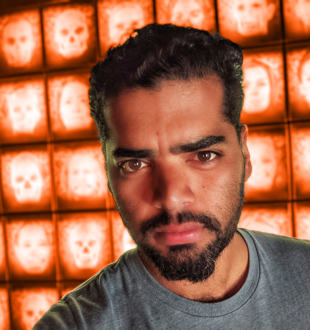
AI Facilitator
Andy believes that innovative technology can bring a life of abundance and freedom for humanity. In his role as AI Fellow Assistant at District 3, he works as Canada Eastern Coordinator in the global competition ANA Avatar XPRIZE. He is also collaborating and co-designing a program to apply artificial intelligence on genomics and other applications around AI for Social Good.
Currently, Andy contributes to bringing diversity and innovative momentum into the Montreal ecosystem, collaborating and designing initiatives for the benefit of humanity and the planet like hackathons about AI for Good, Climate Changes, and Open Innovation. In the last five years, he has studied in Innovation Management at HEC Montreal University, Design Thinking for Innovation (University of Virginia), and several other studies around exponential technologies and its implications in business design for a positive impact in society.
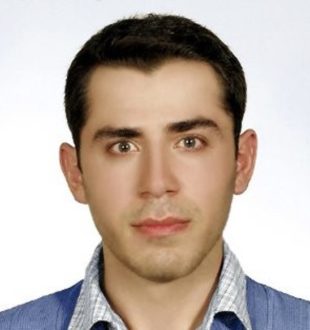
Postdoctoral Research Scientist, Montreal Heart Institute and Mila
Dr. Ahmad Pesaranghader is a postdoctoral researcher at Montreal Heart Institute (MHI) and Mila advised by and collaborated with Dr. Julie Hussin and Dr. Yoshua Bengio. His research interests and area of expertise include application and development of deep learning algorithms to medical domain — particularly in bioinformatics and precision medicine for which computational representation and analysis of multi-omics data, with respect to their associated challenges.
He obtained his Ph.D. from Dalhousie University in Computer Science, machine learning and big data, during which he was advised by Dr. Stan Matwin and Dr. Marina Sokolova. Dr. Pesaranghader has over 8 years of research and hands-on coding experience working with medical and biomedical data and applications, in both academia and industry.
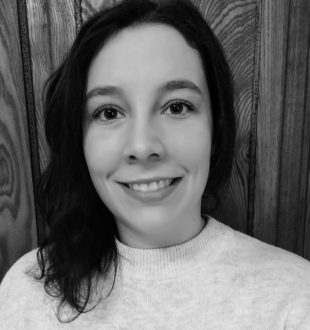
Ph.D Candidate, Université de Montréal
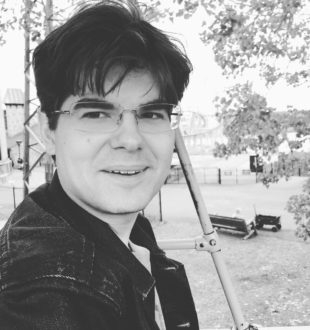
Ph.D Student, Université de Montréal
Matthew Scicluna is a recent graduate of the Professional Masters program at the Mila Institute, Université de Montréal. Previously, he completed degrees in Statistics and Mathematics from the University of Toronto. He is interested in applying cutting edge deep learning techniques to biological data to improve in-silico medicine. In the past, he applied deep learning tools on a variety of data, ranging from Zebrafish locomotion to cell microscopy. He is currently investigating how to interpret the outputs of neural networks when applied to biological data.
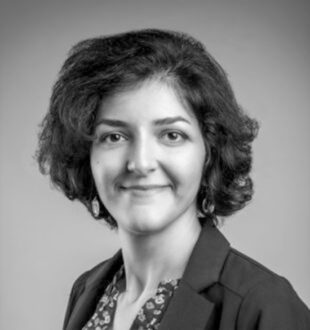
Life Sciences Fellow & Biohub Manager, District 3
Mahzad Sharifahmadian is the Life Sciences Fellow and Biohub Manager at District 3. She empowers life sciences researchers to bring their research to market, and has built a network of research experts for collaboration and co-creation to solve societal and industry challenges.
She holds a Ph.D. in Biochemistry & Molecular Medicine from Université de Montréal, with expertise and publications on the design and development of novel drugs for antibiotic-resistant infections. While finishing her Ph.D., she co-founded Rubisco, a biotech company offering point-of-care diagnosis of pathogens (dissolved in 2018).
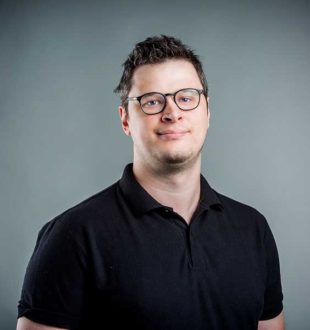
AI Fellow & Co-Founder, District 3
Sydney is a Montreal native with a strong desire to grow the Montreal innovation ecosystem. Having completed his studies in Psychology, Business, and Computer Science he developed a strong passion for emerging technology, entrepreneurship, and innovation.
In 2012, Sydney became one of the co-founders of District 3 and has played an active role ever since. His responsibilities include managing a program to help Montreal teams participating in the AI XPRIZE, an international competition that asks teams to solve grand challenges using Artificial Intelligence. Having got a taste for innovation and technology, Sydney also co-founded NeuroTechX, a non-profit organization that has built the largest network of international neurotechnology enthusiasts. In his spare time, Sydney is a core organizer of the DEF CON Biohacking Village, as well as is a mentor for the Mozilla Open Leadership Program.
Partners
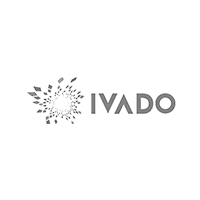





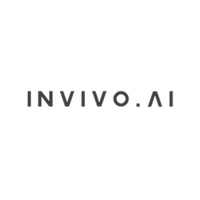
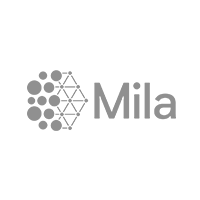

FAQ
A background in life science is required with an initial understanding of programming in python. Preference will be given to those who are already in teams of 2-3 people.
The program is from January 15-April 13 2021. You must be able to commit to 15 hours/week ~ 3 hours of online workshops and 12 hours of work per week.
There are no fees associated with the AI In Genomics Program.
This program does not give you credits towards your degree, but you will receive a certificate of completion.

